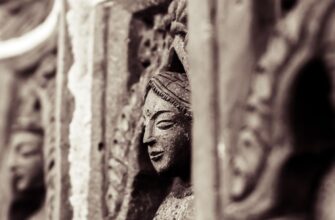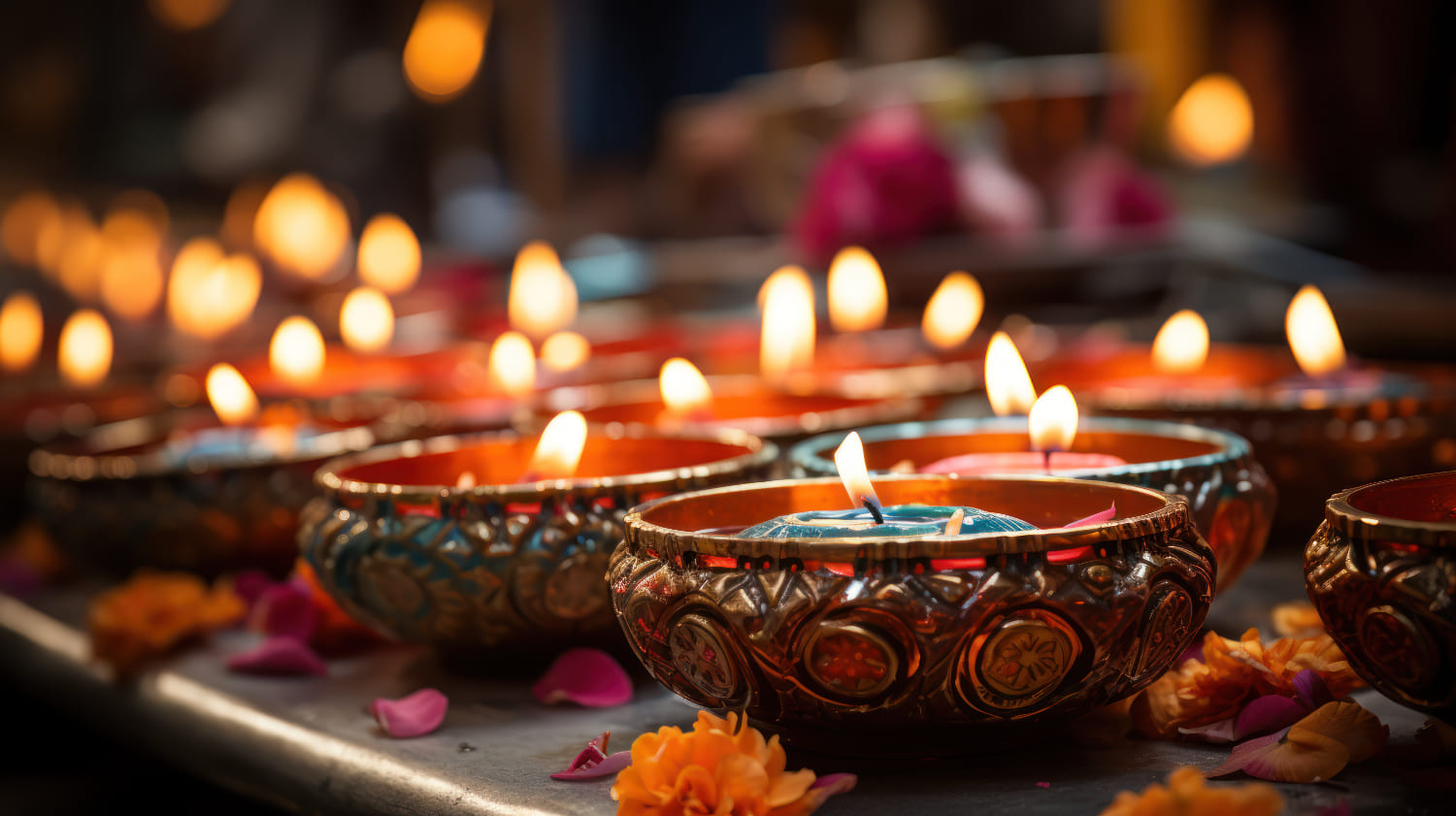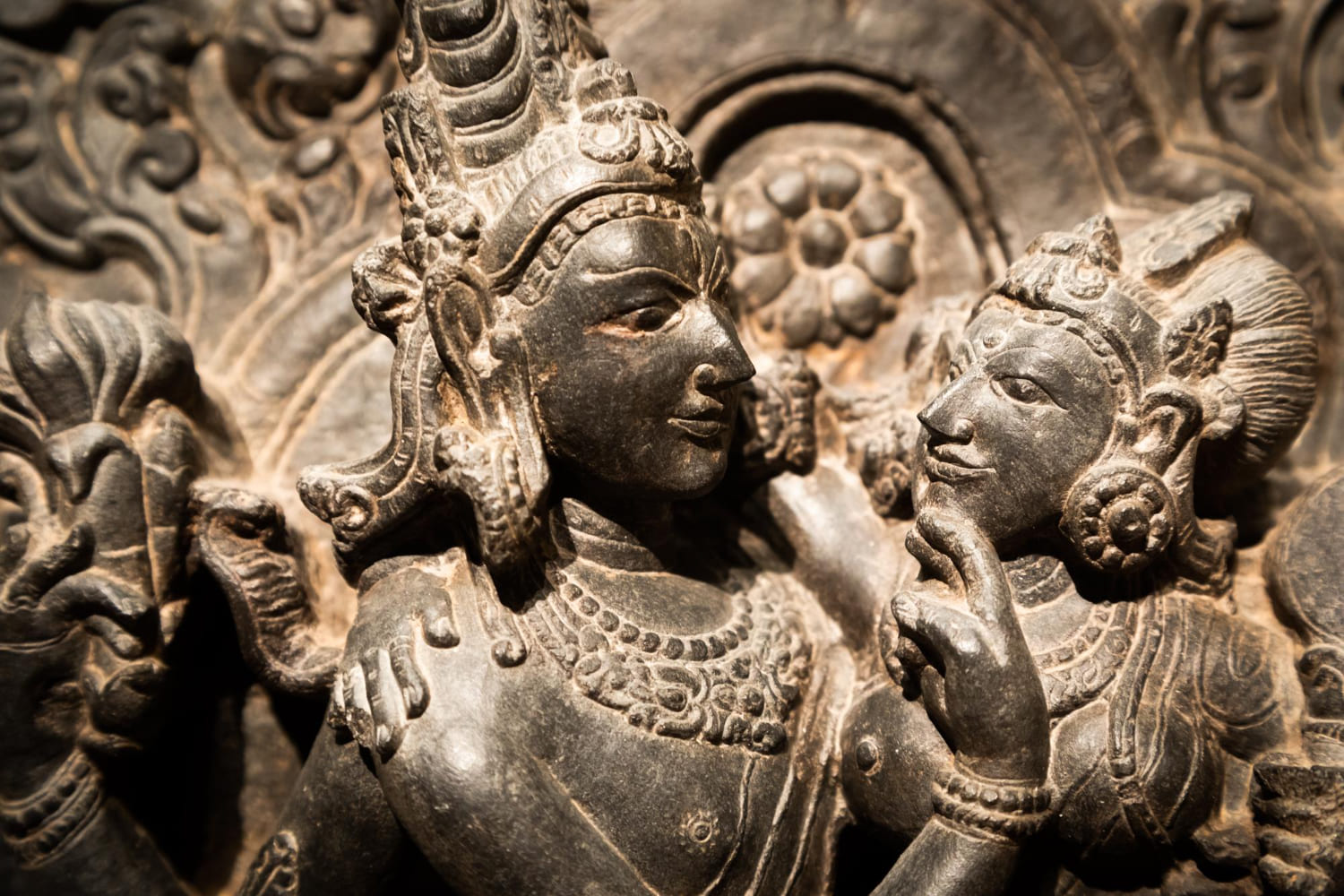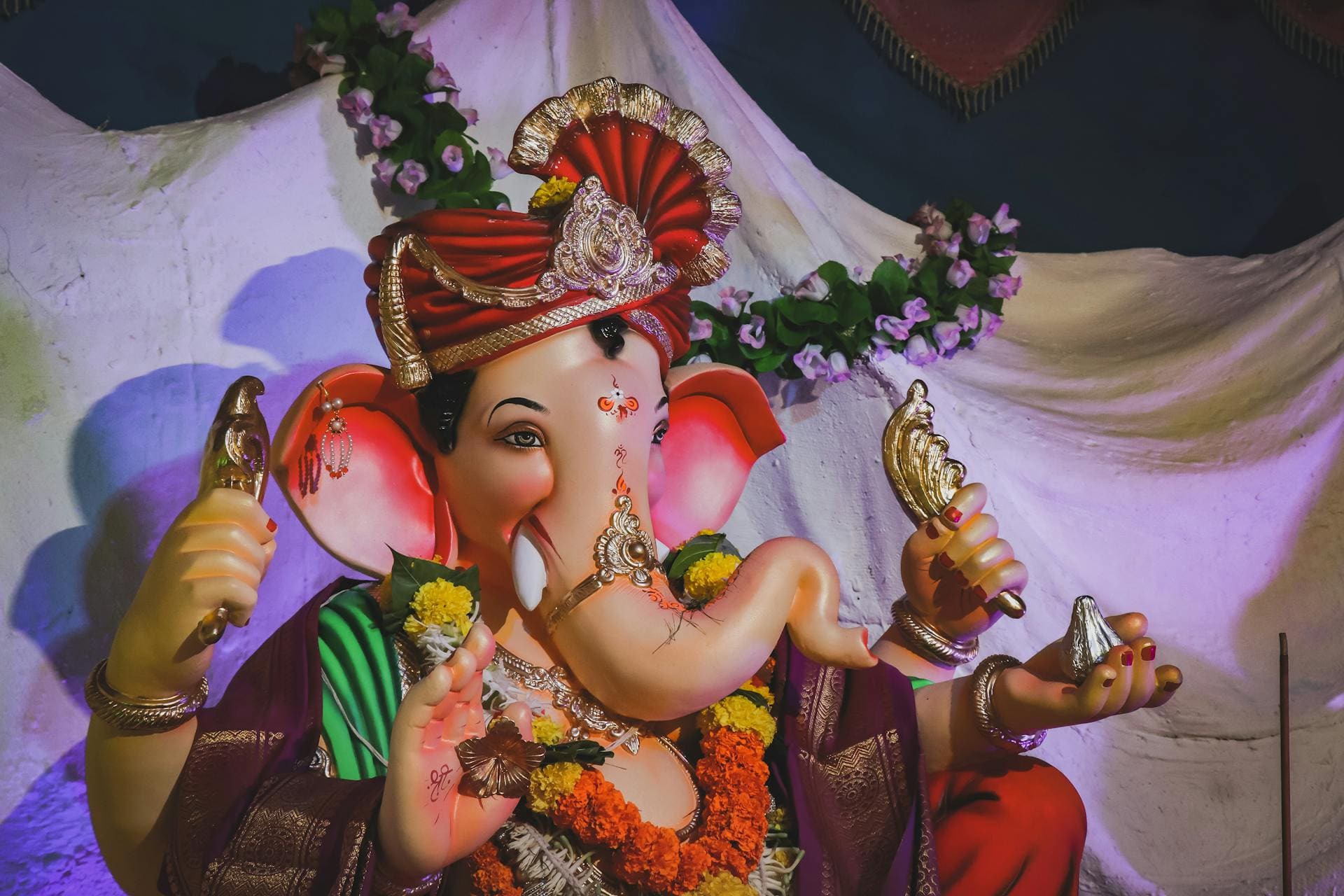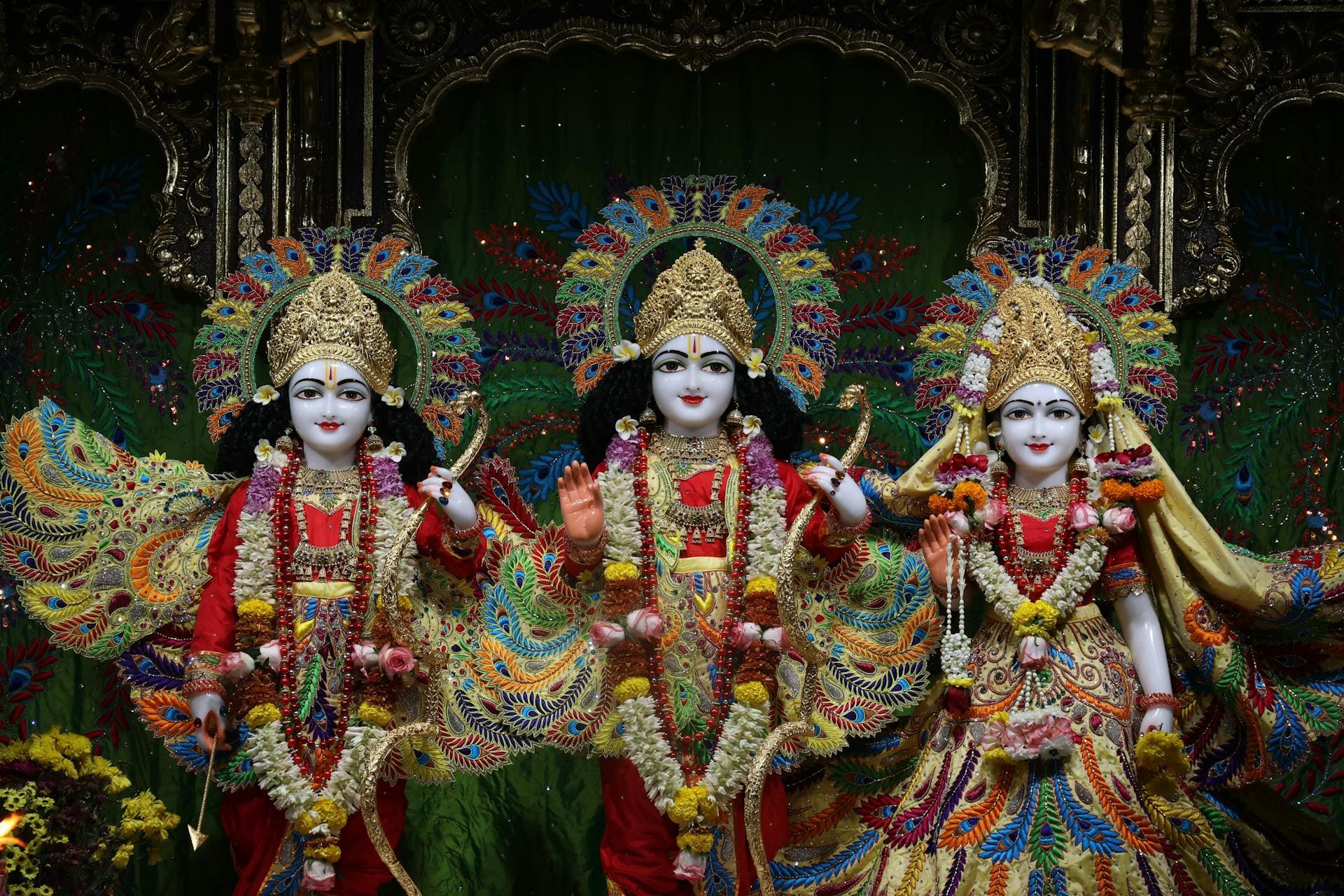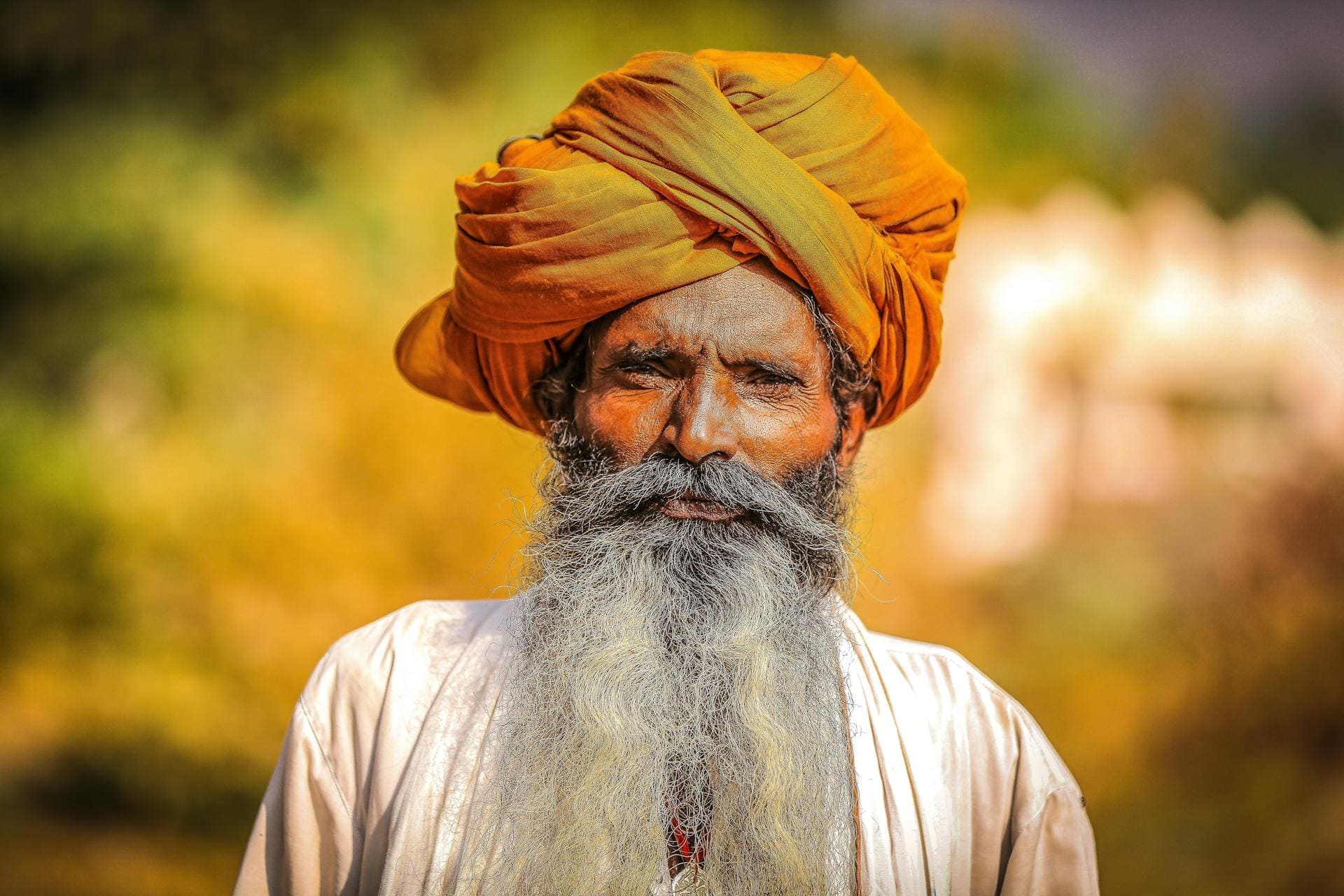Vegetarianism is cherished in Hinduism. After all, vegetarianism is recommended by several Hindu texts as a way to purify the body and the psyche.
This means that most Hindus typically abstain from eating eggs, meat, fish, poultry, and other “sinful” foods.
No, Eggs are excluded from this precarious religious diet because most Hindus typically believe in avoiding harming potential life because they think that all living things have souls, and that rebirth is the source of all life.
This leads most Hindus to want to follow a vegetarian diet and avoid consuming all meat and egg products.
Continue reading to learn more about why Hindus don’t eat eggs, as well as some of the most common reasons why Hindus don’t eat eggs, including spiritual factors, karmic consequences, and more.
Are Hindus Allowed To Eat Eggs?
Vegetarians are known to avoid consuming any type of food that necessitate the death of animals.
However, it is also important to note, that in some places around the world, especially India, some vegetarians also classify eggs as meat. As a result, eggs are not typically consumed by Hindus.
Therefore, even if most Westerners consider eggs to be vegetarian, many Easterners do not, meaning that the status of eggs as vegetarian or not will, overall, depends on a person’s cultural accord.
Why Don’t Hindus Eat Eggs?
Over time, millions of meat eaters, both Hindus and non-Hindus, have decided personally to cease consuming animal flesh. The following three factors are the main drivers of such a choice:
Spiritual Factors
Hindus believe wholeheartedly in the concept that the body’s chemistry comes from food. This means one cannot consume meat, fish, shellfish, poultry, or eggs if one desires to live in a state of higher awareness, which includes happiness, peace, and love for all living things.
Hindus also believe that anger, envy, worry, distrust, and a horrible fear of dying are all sealed inside the flesh of the slain animals, and by consuming the more repulsive chemistry of animal foods, one transfers these emotions into the body and mind. For these reasons, it is thought that meat eaters maintain a lower awareness whereas vegetarians actively pursue greater consciousness.
Karmic Repercussions
Hindus believe that our dietary choices, like all other behaviors, have karmic consequences.
This means they also believe that by participating directly or indirectly in the circle of harm, misery, and death—even by consuming other creatures—one must eventually endure the same amount of suffering that was inflicted.
Vegetarian Diet Health Benefits
According to scientific research, a vegetarian diet is easier to digest, offers a larger variety of nutrients, and places fewer stresses and pollutants on the body.
Vegetarians also tend to live longer, healthier lives and are more productive because they are less vulnerable to all the major illnesses that plague modern civilization.
What Does Dharmic Law Say About Eggs?
The Hindu Dharma serves as the moral code, or spiritual discipline, that works to steer a person’s life’s direction.
Contrary to popular belief, the Dharma actually imposes no restrictions on what you eat or drink.
It does, however, provide recommendations on what you should eat and drink, but it does not impose any restrictions on its practitioners.
Take note, however, that according to Vedic tradition, a Hindu’s first responsibility in performing their religious duties to God and God’s creation is to uphold the commandment of noninjury or ahinsa.
Dharma is, therefore, viewed by Hindus as the fundamental foundation of life and works hand in hand with vegetarianism.
Final Thoughts
Vegetarianism is highly valued in Hinduism- and interestingly enough, Hindus classify eggs as a meat product.
As a result, eggs are typically excluded from this precarious religious diet.
The thought process behind not consuming eggs comes from the foundation that most Hindus believe that all living things have souls, and that rebirth is the source of all life.
Hindus also believe that our dietary choices, like all other actions, have karmic ramifications.
This suggests that they believe that if one participates directly or indirectly in the cycle of harm, misery, and death, they must ultimately feel the same level of suffering that was perpetrated upon them.
As a result, most Hindus prefer to eat vegetarians and avoid consuming meat and egg products altogether.
